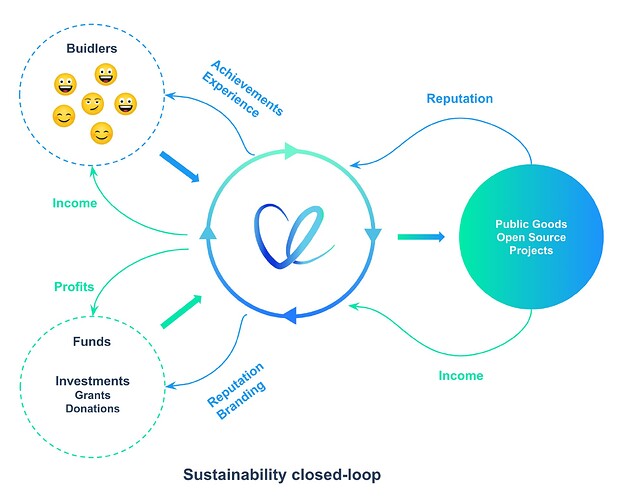LXDAO has been running for 1 year and in that year we have had many remarkable gains, in this post I will launch the design of the LXDAO tokenomics
TLDR
Tokenomics is a very important aspect for projects. Not only is token economics about the white paper, founding team, roadmap, and community development, but it is also central to assessing the future prospects of a blockchain project. Cryptocurrency projects should be developed with a carefully designed tokenomics model of the token to ensure long-term sustainability.
Description
In Season1, we explored the general design of the tokenomics in the regular governance group meeting, and we will continue to explore and refine the design of the tokenomics in the new session
In last week’s governance group meeting, we had a preliminary discussion about tokenomics, and the current goal is to sort out the requirements and general design direction of tokenomics
In the meeting, we defined the core of the tokenomics design as ‘what problem can tokenomics solve for LXDAO’
Question For Tokenomics:
Unlike other projects in the market, we want to think about the design of the tokenomics in a deeper way
We raised a lot of questions and thoughts about tokenomics design
-
what we gain if we have Token and what we lose if we don’t have Token
-
What does it support you to do?
-
And what doesn’t it support you to do?
-
Why do you want to hold it and want to own more of it?
-
What happens if you discard or transfer ownership of the token?
Action:
We will be thinking about these issues and trying to solve them in the next design, and if you have more ideas for tokenomics design, you can reply to this post
